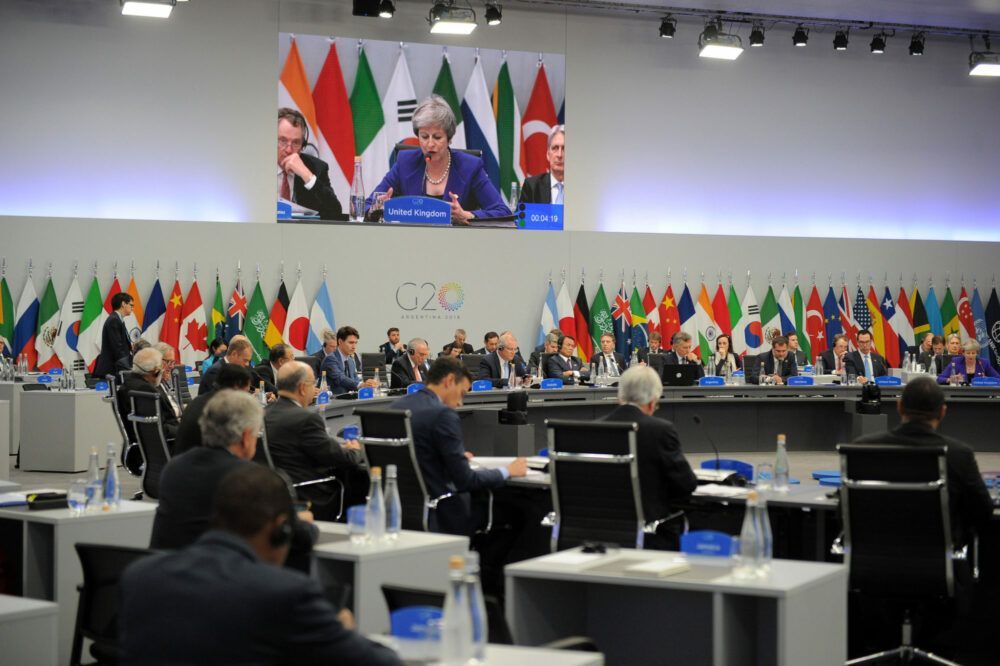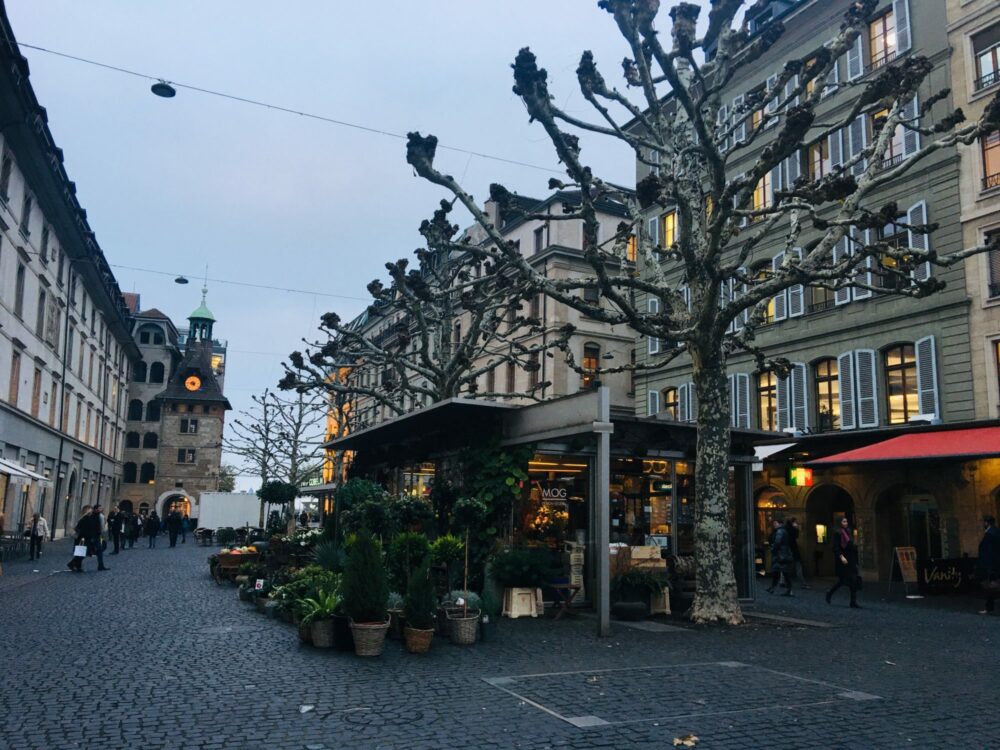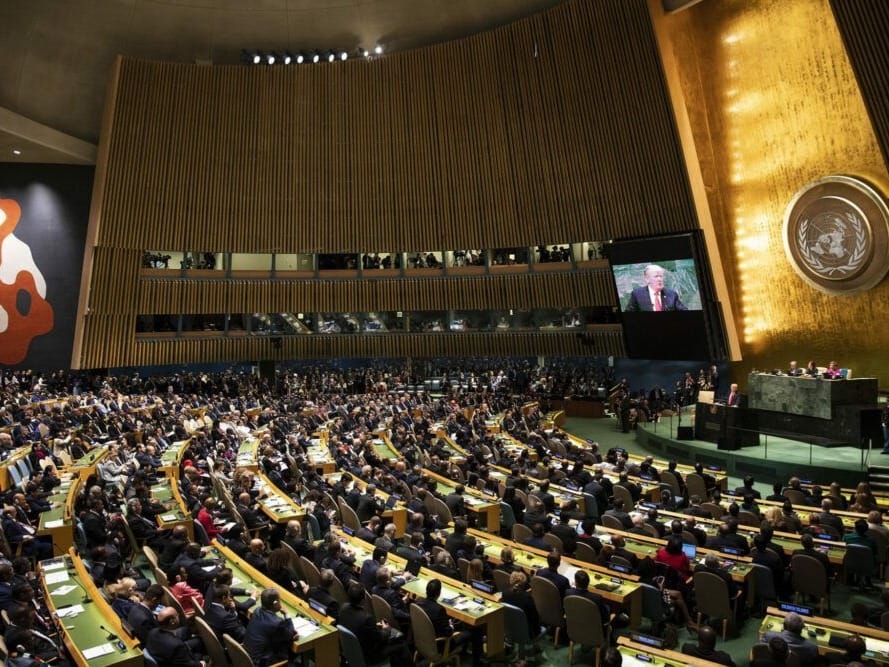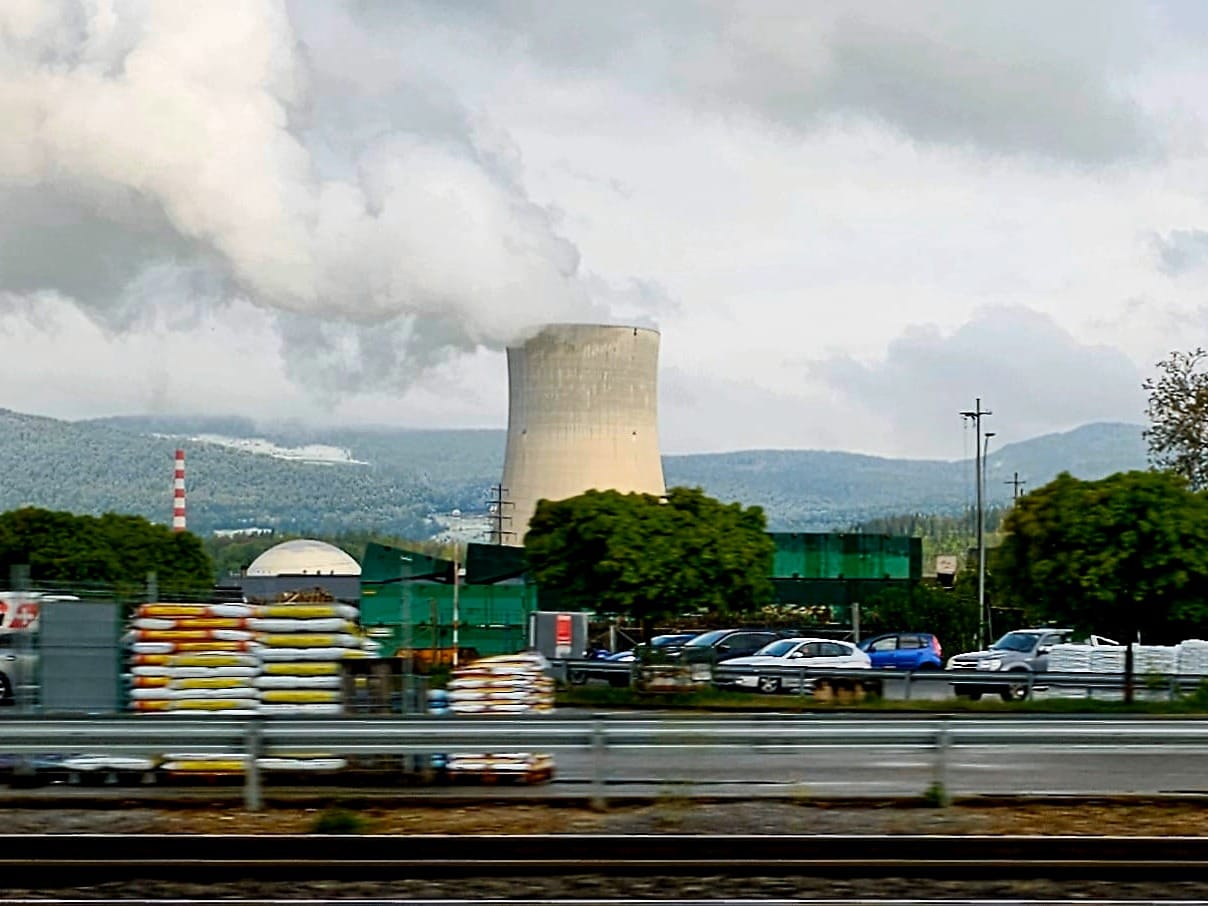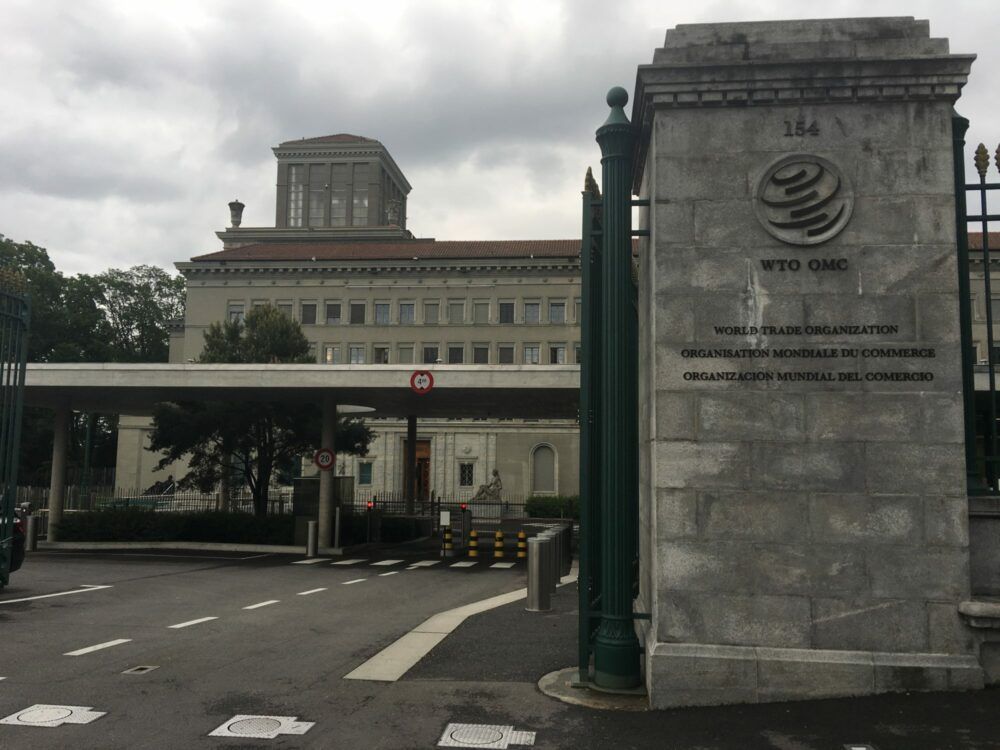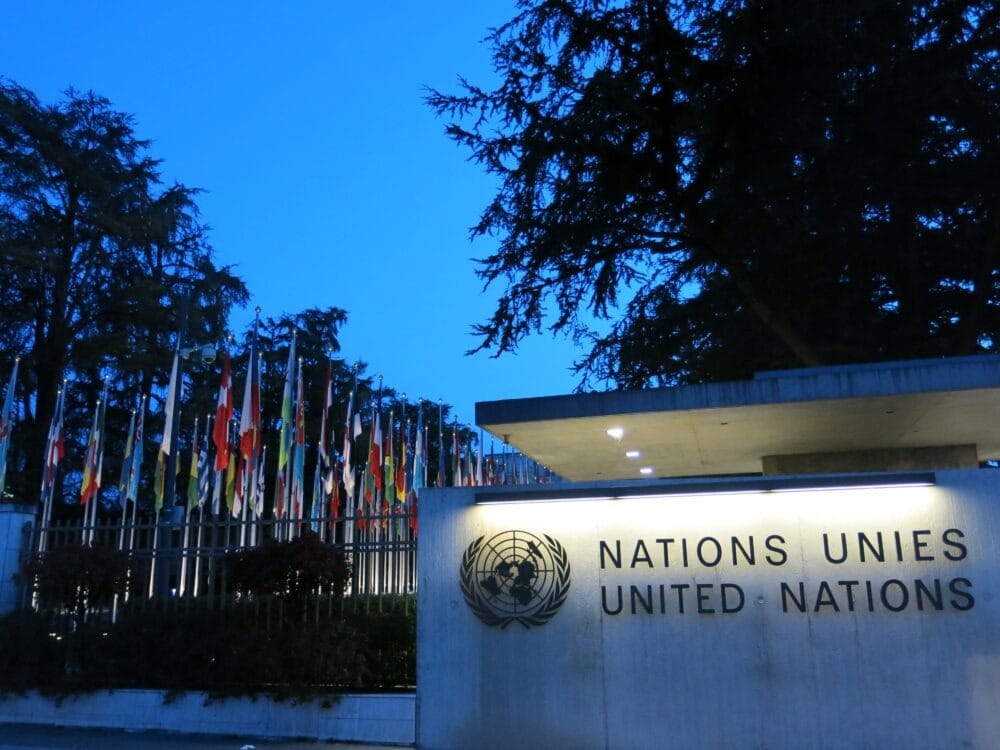
Nature and climate crises come into focus amid Davos extravagance
Dire environmental challenges and climate change took center stage at the World Economic Forum's annual gathering.
Already have an account? Log in
Dire environmental challenges and climate change took center stage at the World Economic Forum's annual gathering.
Despite the exclusivity of Davos, WEF will focus on climate, inequality and international cooperation and inclusiveness.
The Group of 20's final communiqué expressed concern about the future direction of the World Trade Organization, which U.S. President Donald Trump threatened to leave.
The Geneva-based International Center for Trade and Sustainable Development, or ICTSD, which was founded in 1996, said it was closing down immediately.
The Financial Stability Board monitors and recommends ways of strengthening the world's financial architecture.
At least 45 governments, businesses and organizations endorsed a 26-point pledge for preventing corruption.
The Nobel Prize-winning U.N. panel on climate change said it's life or death for much of the planet as soon as 2040.
Low- and middle-income countries and the poorest and most vulnerable populations worldwide are the hardest hit.
At the U.N. General Assembly, U.S. President Donald Trump unleashed a vicious attack on the U.S.-hosted world body that he described as a largely usesless "global bureaucracy."
The picture is complicated by safety and environmental concerns and IAEA's dual roles as watchdog and promoter.
The World Trade Organization is under mounting pressure from U.S. President Donald Trump's administration to justify its global rules, dispute forum and even its existence.
The report found the highest concentration of modern slavery in North Korea — and bigger numbers than previously reported in Australia, Europe and the United States.
Beyond the repercussions in Washington and Beijing, international organizations said the tit-for-tat tariffs will undercut a broad array of global development efforts.
The governing body of world football overwhelmingly selected Canada, Mexico and the United States to serve as hosts, marking the first time three nations have shared such a role.
A World Health Organization commission ratcheted up the pressure in a fight against neglected chronic diseases.
Overhauling the U.N. bureaucracy is a more urgent topic as the U.S. ratchets up pressure under the Trump administration.

